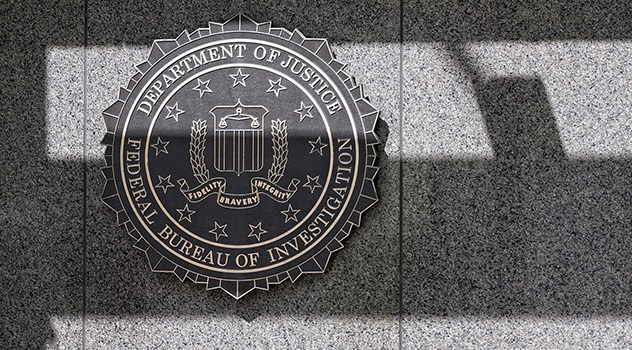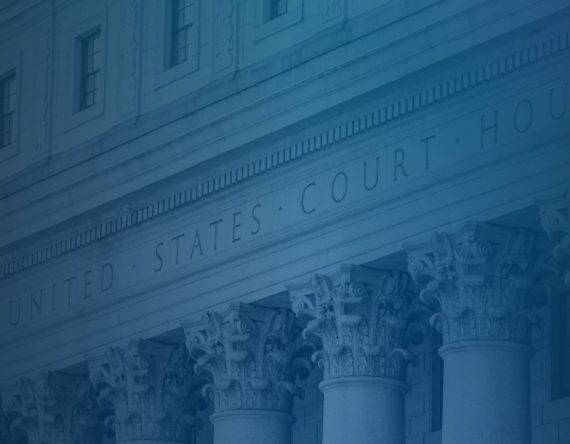In response to the Russian invasion of Ukraine in February 2022, the US, EU and other countries have responded with a series of comprehensive sanctions packages against Russia and Belarus. The sanctions are broad ranging from goods embargoes, travel bans and asset freezes on individuals, through to overflight bans on Russian airlines, travel bans on roads and seas, and even the exclusion of Russian and Belarusian banks from the SWIFT system.
In May 2022, the first Sanctions Enforcement Bill (SDG I) came into force in Germany, to close regulatory gaps and provide short-term increases in efficiency for sanctions enforcement. SDG I includes amendments to the Foreign Trade and Payments Act (AWG), the Money Laundering Act (GWG), the Banking Act (KWG) and the Securities Trading Act (WpHG).
SDG II builds on existing regulations with further anti-money laundering measures in Germany, aiming to create more transparency especially in the real estate sector. The Bill will also establish a “Central Sanctions Enforcement Unit” at the federal level for nationwide coordination. SDG II also addresses shortcomings in the national implementation system identified by the latest report of the Financial Action Task Force (FATF, Mutual Evaluation Report Germany, August 2022).
This change in legislation will increase the necessity for companies to have robust sanctions compliance programs and processes in place. Of particular importance are changes to how companies are required to collect and analyze data on their business activities with third parties. This process should include a detailed review of relevant information on interactions and transactions with all third parties using a risk-based approach.
How can StoneTurn support your company to effectively minimize the sanction risks?
StoneTurn’s experts help clients develop, implement and maintain streamlined and sustainable solutions to sanctions risk management challenges. We support companies in identifying and mitigating sanctions risks throughout their supply chain by conducting sanctions risk assessments, sanctions screening using customized data science and analytics , assessing sanctions compliance programs through gap analysis, and testing internal controls. StoneTurn can quickly and effectively monitor third-party relationships for continuous compliance with changing sanctions regimes and guidance.
Highlights of the enhancements to the legislation:
SDG I
- Extension of powers to investigate funds and economic resources.
- Obligation for sanctioned persons to immediately declare any funds or economic resources located in Germany.
- Expansion of the data transmission powers, e.g. Deutsche Bundesbank to the Federal Financial Supervisory Authority (BaFin).
- Access extension to the transparency register and to BaFin enquiries through the sanctioning authorities (e.g. Customs Criminal Office, Bundesbank, Federal Office for Economic Affairs and Export Control (BAFA)).
- Involvement of the German Financial Intelligence Unit (FIU) in asset tracing. This supplements the FIU’s immediate measures to prohibit transactions with potential sanctions relevance.
SDG II Draft Law
- Establishment of the Central Office for Sanctions Enforcement. This new office will be overseen by the Federal Ministry of Finance and aims to increase cooperation and efficiency in the enforcement of sanctions and money laundering regulation.
- The Central Office for Sanctions will have increased reach to initiate monitoring measures for sanctions compliance in companies. It will also have the authority to appoint a special representative .
- Sanctioned persons will need to declare any funds or resources directly to the Central Office for Sanctions Enforcement. This is then promptly shared with the Bundesbank and the Federal Office of Economics and Export Control.
- Increasing transparency by establishing a Register to preserve the recordkeeping and accessibility of assets of sanctioned persons or partnerships. Significant assets with unclear ownership or beneficial owners (with a value exceeding 100,000 euros) are also to be registered.
- Establishment of a whistleblower reference point at the Central Office for Sanctions Enforcement where an allegation can be submitted either openly or anonymously.
- Prohibition of cash payments when acquiring real estate / notaries’ duty of control.
- Real estate data exchanged between land registry offices and cadastral offices in the federal states will be made available via the transparency register.
If you would like to discuss any issues raised in this article, please reach out to Julia Arbery or Kristof Wabl to discuss further.































